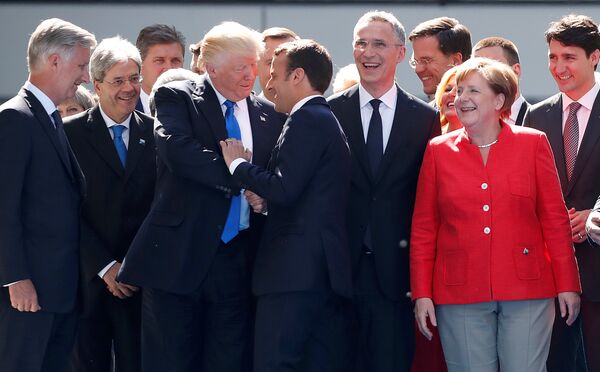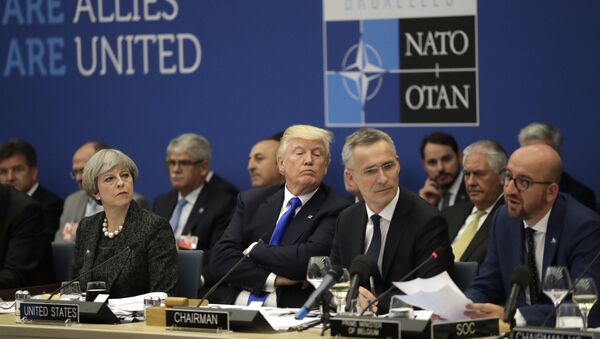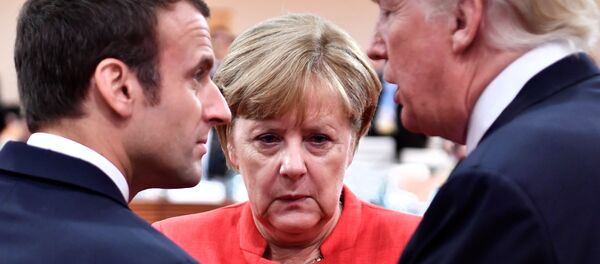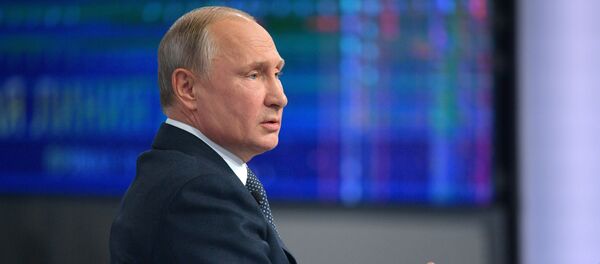"I believe that Mr. Putin was speaking first and foremost about America's traditional allies – Germany, France and the UK, as well as Turkey. In previous years, these countries obediently followed in the US's wake, and under Washington's pressure pursued its favored policy toward Russia, Ukraine and Crimea. But today we see a serious split within NATO and [what is effectively] an uprising against the US led by Germany," Perincek said.
Even before Berlin, Perincek noted, Ankara stepped out against US designs – namely Washington's attempt "to create 'a second Israel' in the form of Kurdistan."
"The Turkish military managed to break into the American-Israeli corridor in northern Syria with Operation Euphrates Shield. Then the operation in Afrin was successfully carried out. In this way, Turkey, remaining within the Atlantic system, began to oppose US policy in western Asia," the politician said.

A political confrontation between Berlin and Washington is growing, according to the politician. "Germany has moved closer to Russia and China. In short, Berlin is pursuing a policy of large-scale resistive action to Washington. Paris and London also share this anti-American stance; this is the second front," he said.
"As Mr. Putin emphasized, during the last [decade], the members of the North Atlantic Alliance have gotten an opportunity to face the truth, and to realize that the US-imposed plan to create a unipolar world is a dead-end," Perincek noted. "They've seen that America itself does not have the real capability to implement this plan. Russia has been able to withstand US pressure. Some thought that Moscow would simply throw up its hands and surrender, but they were mistaken."

Finally, the politician mentioned the growing trade war between the US and China. "The US is threatening China in the South China Sea. China says that it will not bow its head to US pressure and threats. This is another anti-American front."
"Taking into account all these processes, we can say that the last 7-8 years have not been the most successful for the US. It has not been able to achieve its goals. This, incidentally, is something the US itself has admitted. In his speech on US national security strategy earlier this year, President Trump mentioned failures in a number of areas. Thus we can see that the US is trying on the one hand to restore its shaky positions, primarily in the economy, and on the other is finding itself in a deeper and deeper vacuum in the international political arena," Perincek concluded.



